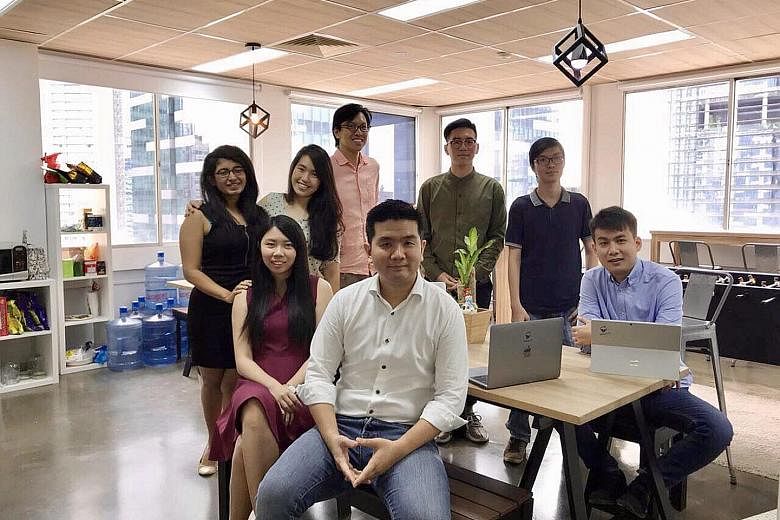Laws that restrict the flow of data are a concern worldwide, not just with regulators but also with those in the growing digital economy, like local fintech entrepreneur Wong Hong Ting.
Without the freedom for data to move across borders, data-driven companies like his artificial intelligence firm Botbot.ai will face far greater technical challenges, said Mr Wong at the five-day Singapore FinTech Festival yesterday.
The world, too, will be worse off if countries impose such regulations, Monetary Authority of Singapore (MAS) managing director Ravi Menon warned in his festival opening speech.
He said: "This is a serious risk... If data cannot cross borders, the digital economy cannot cross borders and we will be poorer for it."
He noted that data localisation policies - laws that require firms to store information within the country - are on the rise elsewhere around the globe, spurring the growing importance of agreements that allow information to flow more freely.
The landmark Comprehensive and Progressive Agreement for Trans-Pacific Partnership (CPTPP), which will kick in on Dec 30, includes clauses that prohibit data localisation policies for member countries.
Indonesia, which is not a CPTPP member, has had localisation policies since 2012. These caused difficulties for companies with global data centre arrangements, Baker McKenzie foreign legal consultant Mark C. Innis noted in July.
Free data flows would reduce unnecessary regulatory costs to businesses.
While not all data localisation is bad since some may have legitimate concerns about national security, a good part of these policies existing today are due to misguided notions of cyber security or data privacy, said Mr Menon. "Or, worse still, old-fashioned protectionism."
This is why addressing the data connectivity challenge must come hand in hand with issues of data sovereignty, he added.
Mr Menon pointed to an ongoing partnership between United Overseas Bank (UOB) and Intel, noting that the project allows the bank's staff here to run a federated analysis of data located in another country without seeing any actual data.
The pilot project, which allows information to travel across borders using advanced data analytics, has been successfully tested over the past year between UOB and the Bank of Thailand.
Several exhibitors at the festival said policies that restrict the flow of data will mainly protect firms that have already established a firm foothold in countries with such laws.
"Free data flows simply elevate players to a higher-level playing field so that we can spend our time creating effective, efficient products instead of repetitively collecting data in every foreign market," said Mr Wong of Botbot.ai.
The artificial intelligence developed by his start-up helps multinational companies cut down on the paperwork and relies on data to work.


